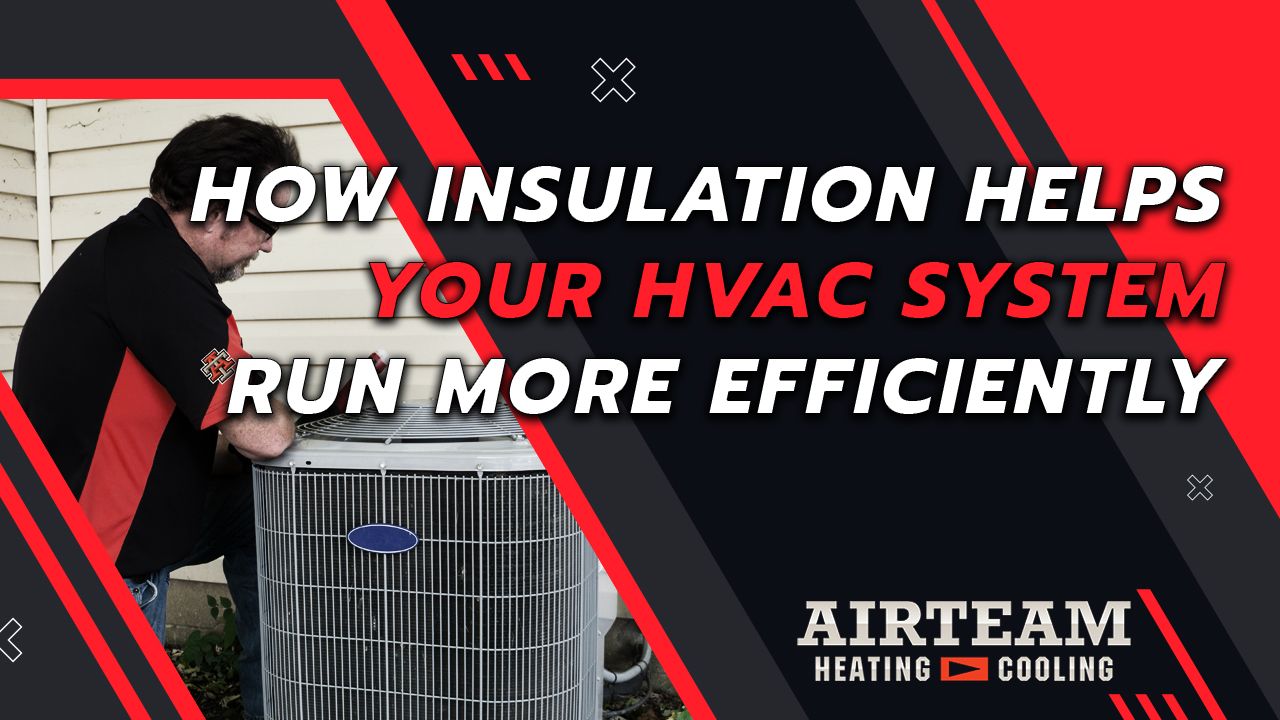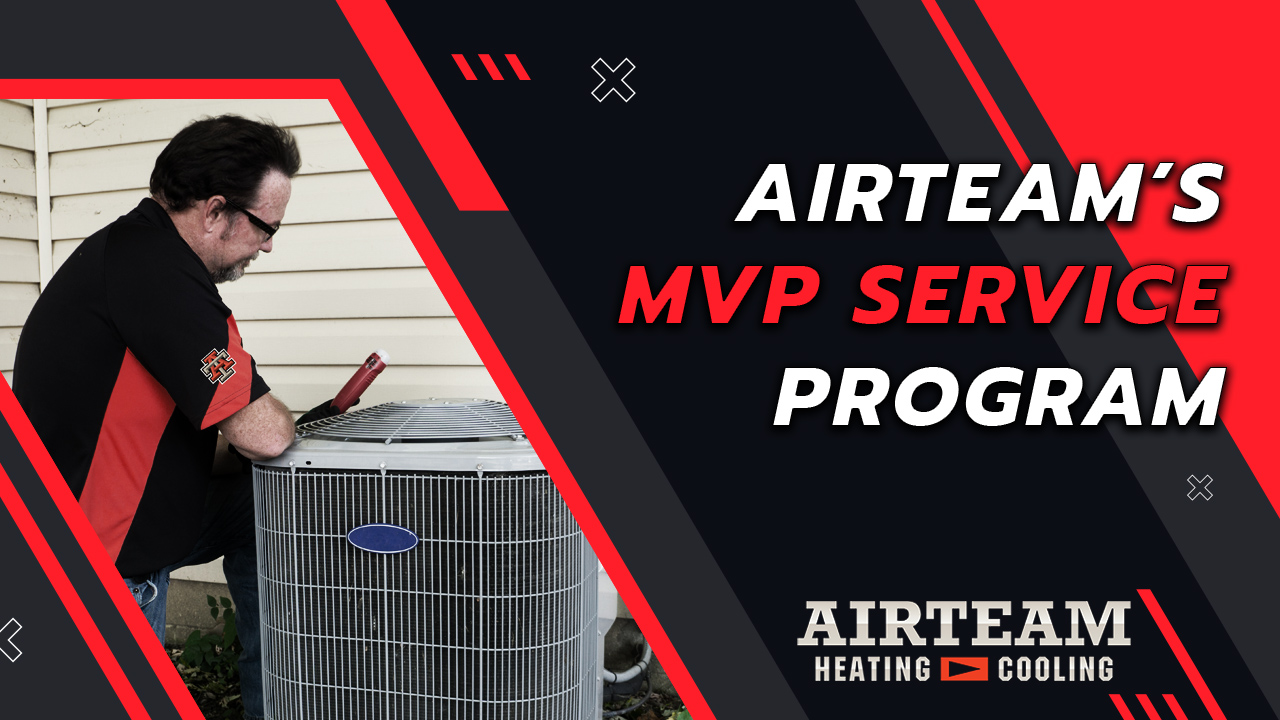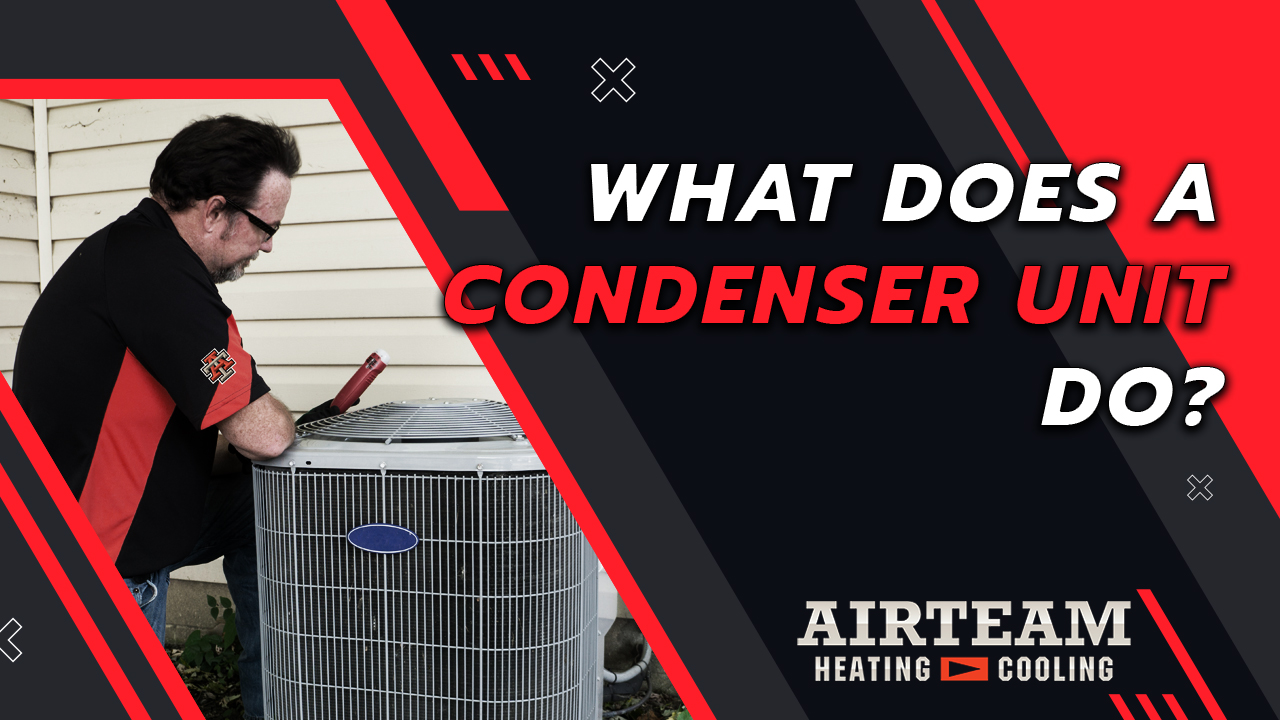A: Two-stage cooling on residential air conditioners is having a compressor unit that can work at two different capacities. So basically, at the end of the day, it’s almost like having two compressor units outside hooked up to the same system. One operates at 100% capacity and the other at about 65-70% capacity but it’s all in one unit.
That unit will behave differently depending on the demand. Let’s say it’s 100° outside and it requires a more aggressive approach at removing heat, it will go at full capacity. When it first starts up though, it starts at about 65-70% capacity as it has components that use less electricity to achieve the same result.
So, you’re going to use less energy but run the system for longer which has three beneficial byproducts. You will have more consistent temperatures, much better humidity control, and cleaner air since you’re moving so much air through purification filters all day.
The Difference Between The Three Options For HVAC In Houston
When you’re shopping around for a new or replacement unit for your HVAC in Houston, it can be confusing. You’re presented with a lot of jargon such as “two-stage cooling” or “energy star.” It can get even more confusing when you start talking about the difference in components and performance stats and technical info. The real question you probably want the simple answer to though— “what are the differences and what do they mean to me?”
For those of you that are information junkies, we’ll get to the intricate details in a moment. For those, that want the quick answer, here you go:
There are three types of units you can go with for HVAC in Houston— single-stage, two-stage, and variable capacity. These refer to the method used for cooling the air inside the home.
- Single-stage: Lower investment as the equipment is cheaper. Less complex design so fewer parts to fail and less expensive repairs. However, you take a hit on efficiency and it will be taxing on your energy usage which negates the initial savings. The comfort level in the home is minimal.
- Two-stage: These systems are a midrange investment that has average durability and moderately costly repairs. The efficiency is improved, yet electricity usage is still average or higher. Your expected comfort level will be a bit higher as well.
- Variable-capacity: Top of the line with the highest investment costs, more complex designs, and can last upwards of 15 years. However, with that initial higher cost comes valuable long-term savings and excellent efficiency. Your home stays cooler while using far less electricity and humidity control is unmatched. Also referred to as “modulating” units.
The rule of thumb is basically this—higher performance equals higher system costs but far better efficiency. Lower system cost equals lower performance and lower efficiency.
The Need For Speed
Now, when we say single, two-stage, or variable capacity, what we’re talking about is the speed at which the unit runs to cool. For HVAC in Houston which has scorching summers and mild winters—system speed is crucial. Speed of what exactly? We’re talking about the compressor—the component outside that compresses the refrigerant that cools the air. Obviously, the best compressor type is variable-capacity as we’ve already established, but let’s discuss in more detail the differences.
The Impact of Efficiency on HVAC In Houston
Compressor efficiency is defined by how much air it can cool with a specific amount of energy usage. Think of it in less complex terms—it’s like the gas mileage measurement but for compressors, after all, it’s the same concept. There are two key terms that indicate the efficiency of cooling units for HVAC in Houston
- SEER— Seasonal Energy Efficiency Ratio is a rating that indicates the efficiency of cooling units. The higher the number the better the efficiency and higher the cost of the unit.
- Energy Star— This is a rating established by the EPA that indicates that a product meets stringent federal guidelines for energy efficiency. Not all products are energy star qualified.
Single-stage compressors only run at one speed—and that’s 100%. That means even if you need your home to be just a single degree cooler, it’s going to run full blast. Imagine your home needing to be cooled one degree over a dozen times a day—your electric bill will be huge.
If you think about it like a car, you know that gas mileage is most effective at a certain speed, any faster than that, and gas mileage drops. For most cars 65-70mph is the sweet spot—NOT as fast as the car will go!
Single-stage compressors have the lowest SEER rating of all units averaging between 13-18 SEER—remember, the higher the number the better.
Two-stage compressors are a bit more efficient since they run on the low speed most times. SEER ratings for these units are 16-19 in most cases.
Variable-capacity compressors are extremely efficient and top of the line. Their SEER rating runs from 20-24 on average. However, the Lennox XC25 leads the pack with an impressive 26 SEER rating.
Humidity Control Is Crucial For Health & Comfort
It’s no secret that an HVAC in Houston gets pushed to the max during Houston summers. Another one of Houston’s worst kept secrets—our humid, tropical-like climate. There are two main reasons you want to keep humidity in your home at a balanced level:
For Comfort— Ever walk into a bathroom after someone has taken a shower and instantly you feel clammy. Well, during the summer it is imperative to have drier air to help you stay cool. Humid air magnifies the discomfort of scorching summer heat.
For Your Health— Humidity also makes it very easy for mold growth and mildew. Mold grows in your ducts and spreads all over the house—maybe even to your lungs. Do you really want that floating around in your air?
Well, as efficiency and cooling improve with units so does humidity control and that shouldn’t surprise you:
Single-stage cycles are short, loud, and powerful. The blower blasts the air so hard and fast that the condenser indoors doesn’t have time to dehumidify the air. Dehumidifying is crucial since it removes excess moisture from the air. With the single-stage compressor, the humid air is circulated through your ducts, and instead, the moisture settles there. This will cause condensation on the vents, window panes, and it will make the house feel dank.
Two-stage cycles at around 68% and is gentler and longer. Since the blower is also variable speed to match compressor output, more moisture is removed from the air before being circulated.
Variable-capacity cycles are the longest and offer steady airflow over hard bursts. The fan is also variable speed and matches the extremely low speeds the compressor can slow to. Your result is the most efficient dehumidification—since drier air takes less time to cool, you also use less energy.
Other Important Benefits Of More Efficient Units
While humidity control and energy efficiency are huge reasons to consider at least a two-stage system—there are others that most overlook.
Air Quality
Like humidity control needing longer, steady cycles to properly dehumidify, the longer the cycle the better the air quality will be. This is because the air passes through your filtration system for much longer and at a slower, steadier pace. The slower airflow allows the filter to trap more contaminants as well as dust and dander. Much like with humidity control, the longer a system runs, the better the air quality will be in your home.
Single-stage units start and stop so much that very little air is passing through the filter slow enough to “scrub” the contaminants out.
While a two-stage system is a decent upgrade, it still fails to produce the same filtration as a variable-capacity system.
The fact is, nothing can beat the constant steady flow of air passing through the filter on a variable- capacity system. The airflow allows the air to be efficiently scrubbed and many systems can remove upwards of 90% of viruses and other contaminants.
Noise Levels
Even though all HVAC in Houston have sound-dampening insulation to suppress noise, nothing is 100% silent. You’d be surprised how annoying the hum of an inefficient unit can be when you’re trying to sleep.
- Single-stage units average about 73 to 77 decibels
- Two-stage units: 68 to 77 decibels
- Variable-capacity: 55 to 75 decibels
All HVAC units are significantly noisier when running at full capacity. However, with two-stage and variable units, that noise is cut down quite a bit when running at a slower speed. Single-stage units only offer one speed—the loudest one.
Which System Is Right For Your Home?
It really comes down to the cooling requirements of your home and your realistic budget. The best way to find out is to speak with one of our comfort consultants. We can help you determine your HVAC needs in terms of system size and go from there.
Contact us today and let us show you what we can do for your comfort and air quality in your home.




